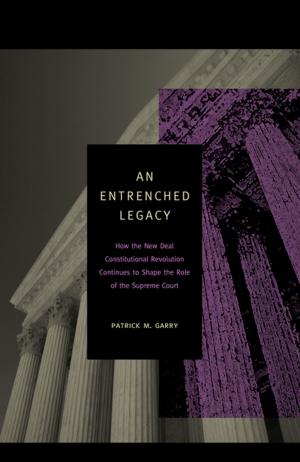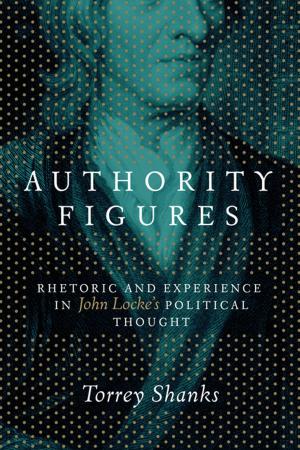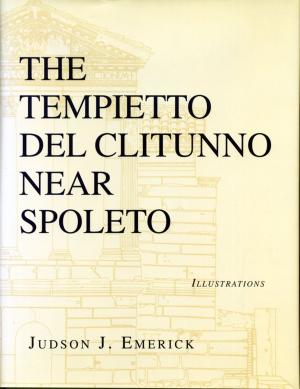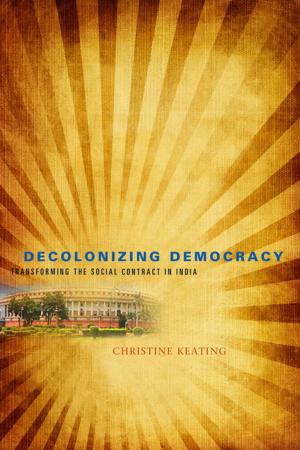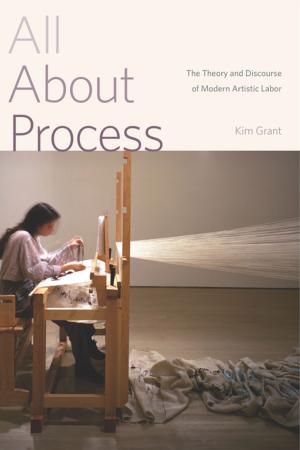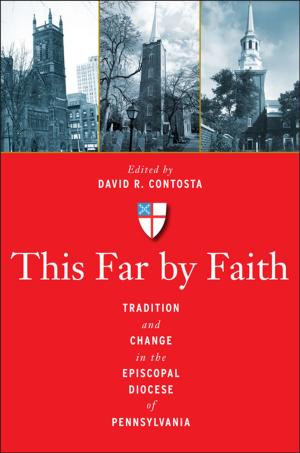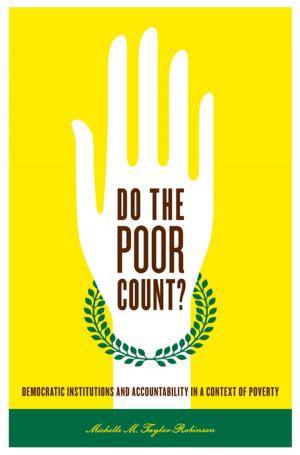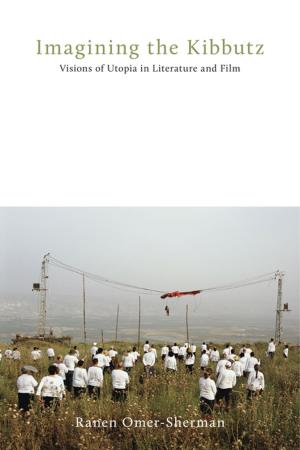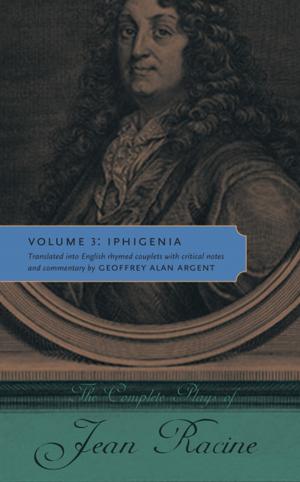Sacred Plunder
Venice and the Aftermath of the Fourth Crusade
Nonfiction, History, Western Europe, Italy, Medieval| Author: | David M. Perry | ISBN: | 9780271066837 |
| Publisher: | Penn State University Press | Publication: | March 6, 2015 |
| Imprint: | Penn State University Press | Language: | English |
| Author: | David M. Perry |
| ISBN: | 9780271066837 |
| Publisher: | Penn State University Press |
| Publication: | March 6, 2015 |
| Imprint: | Penn State University Press |
| Language: | English |
In Sacred Plunder, David Perry argues that plundered relics, and narratives about them, played a central role in shaping the memorial legacy of the Fourth Crusade and the development of Venice’s civic identity in the thirteenth century. After the Fourth Crusade ended in 1204, the disputes over the memory and meaning of the conquest began. Many crusaders faced accusations of impiety, sacrilege, violence, and theft. In their own defense, they produced hagiographical narratives about the movement of relics—a medieval genre called translatio*—*that restated their own versions of events and shaped the memory of the crusade. The recipients of relics commissioned these unique texts in order to exempt both the objects and the people involved with their theft from broader scrutiny or criticism. Perry further demonstrates how these narratives became a focal point for cultural transformation and an argument for the creation of the new Venetian empire as the city moved from an era of mercantile expansion to one of imperial conquest in the thirteenth century.
In Sacred Plunder, David Perry argues that plundered relics, and narratives about them, played a central role in shaping the memorial legacy of the Fourth Crusade and the development of Venice’s civic identity in the thirteenth century. After the Fourth Crusade ended in 1204, the disputes over the memory and meaning of the conquest began. Many crusaders faced accusations of impiety, sacrilege, violence, and theft. In their own defense, they produced hagiographical narratives about the movement of relics—a medieval genre called translatio*—*that restated their own versions of events and shaped the memory of the crusade. The recipients of relics commissioned these unique texts in order to exempt both the objects and the people involved with their theft from broader scrutiny or criticism. Perry further demonstrates how these narratives became a focal point for cultural transformation and an argument for the creation of the new Venetian empire as the city moved from an era of mercantile expansion to one of imperial conquest in the thirteenth century.


